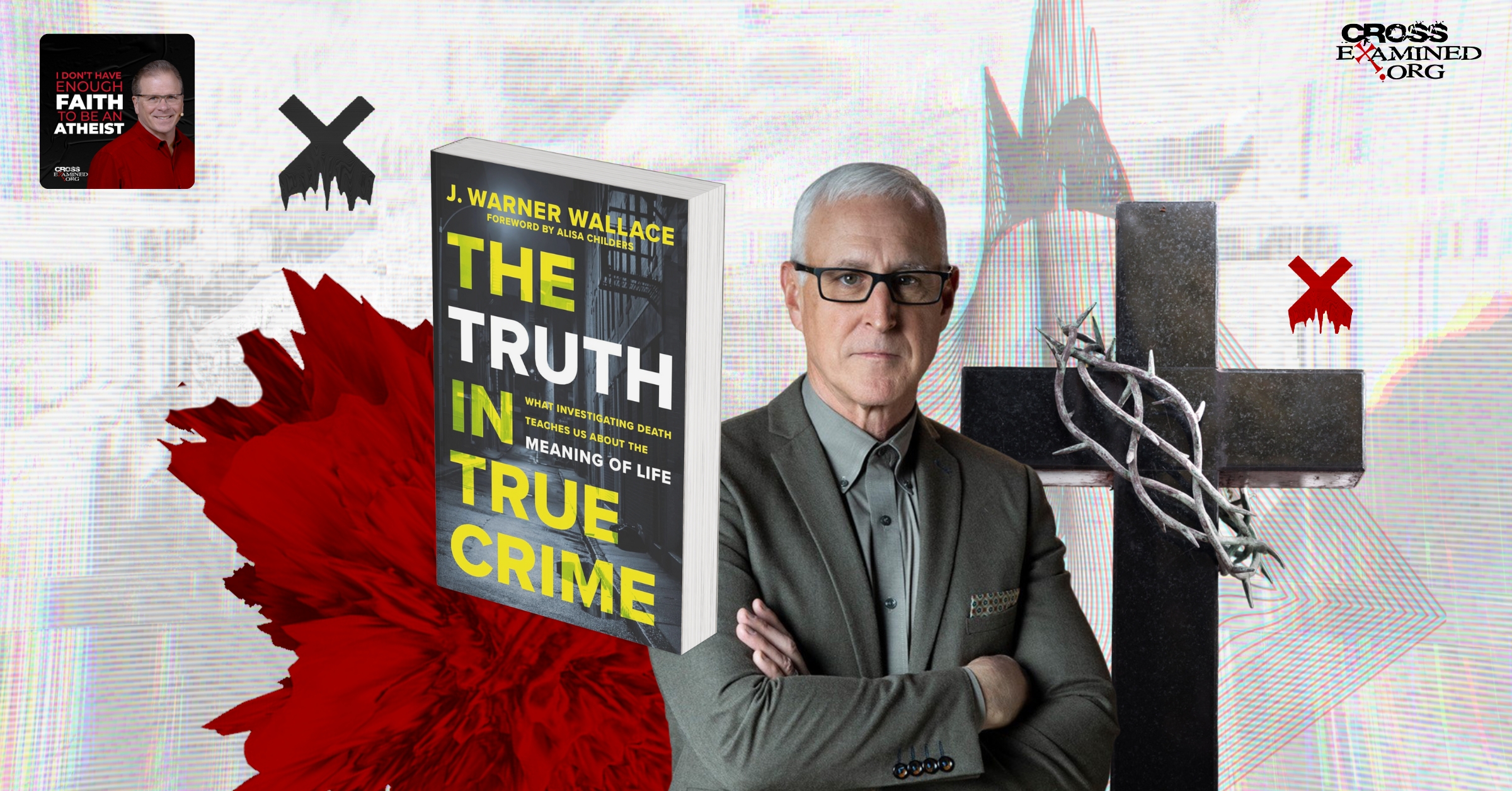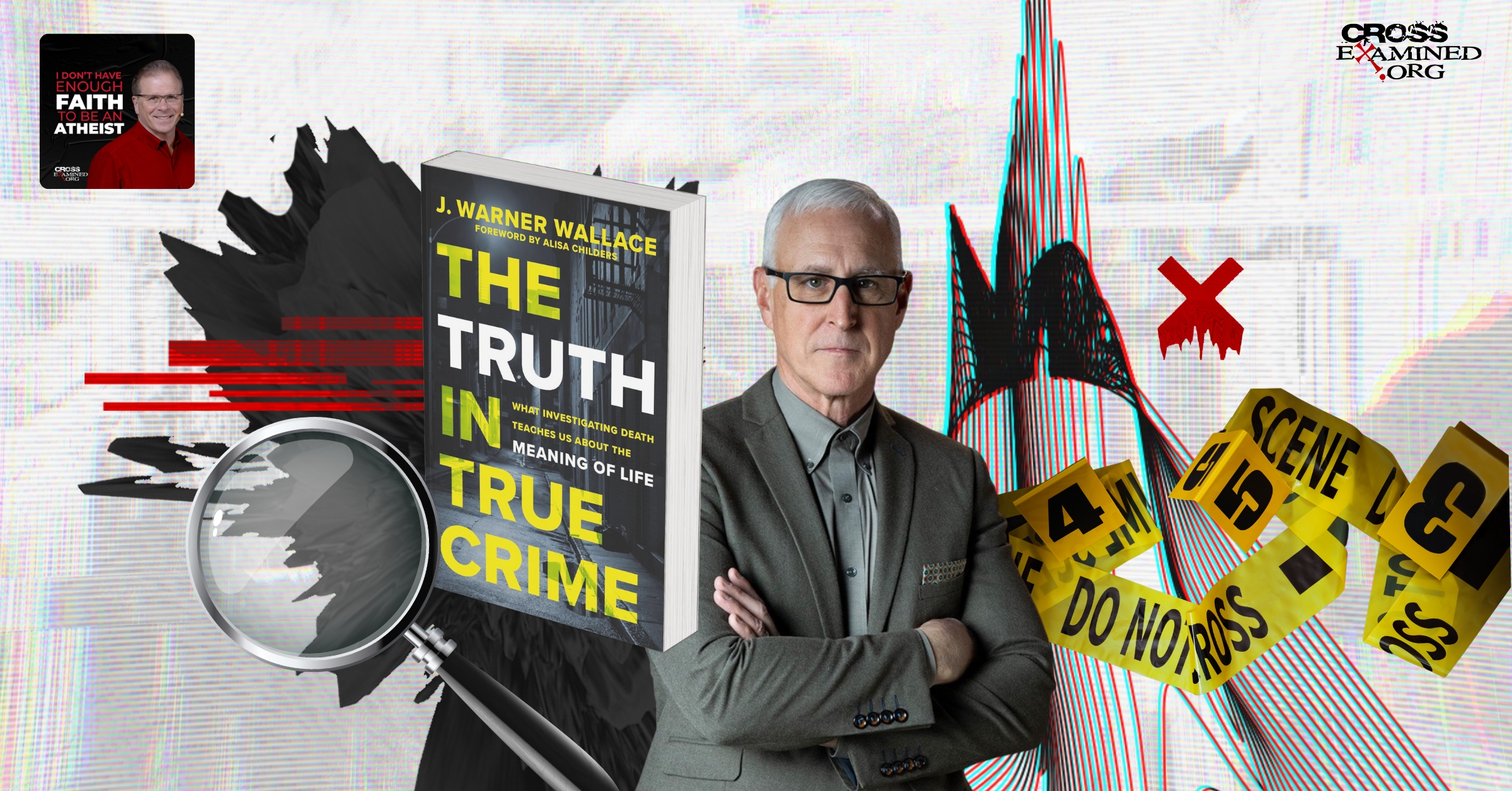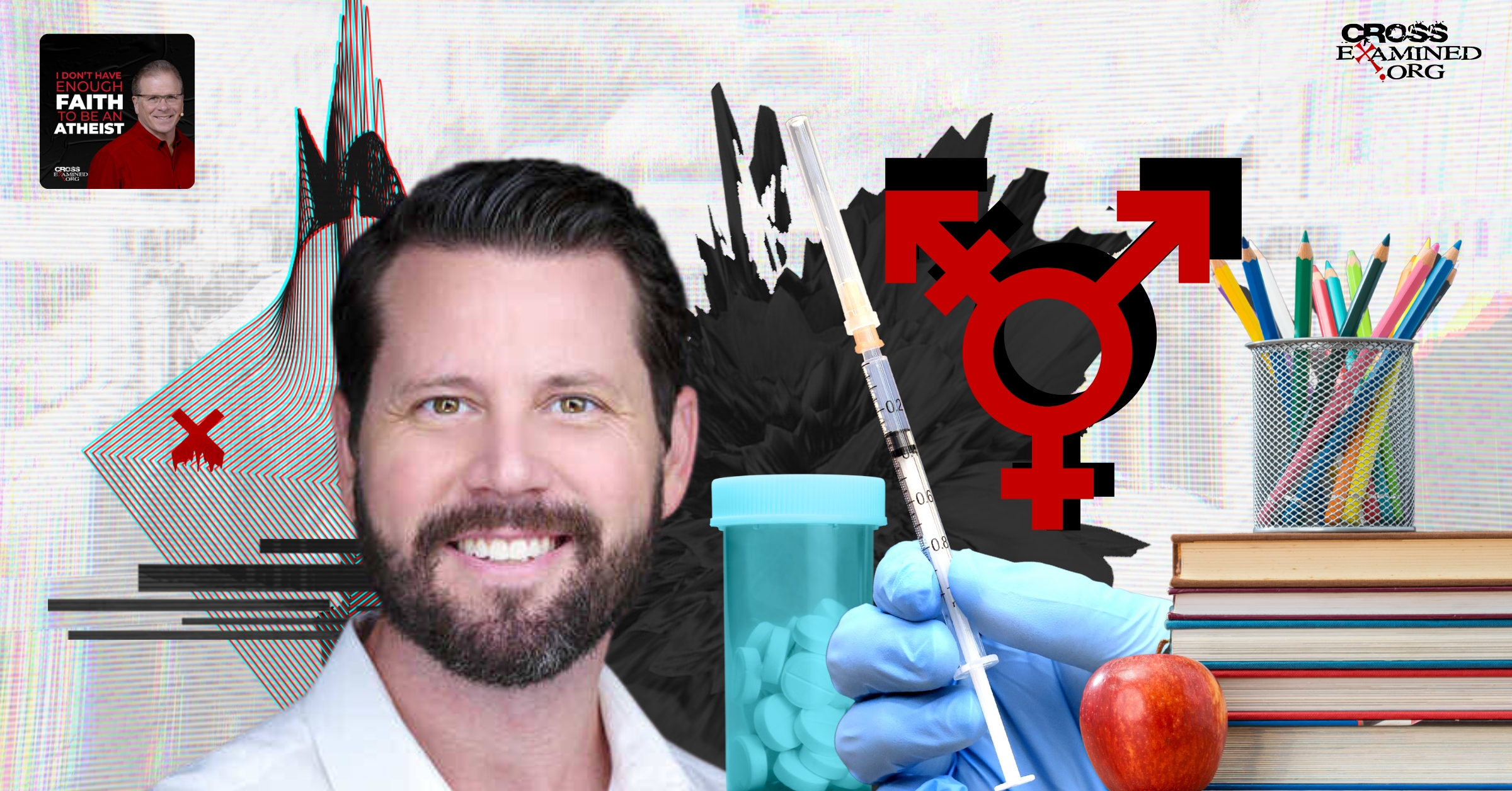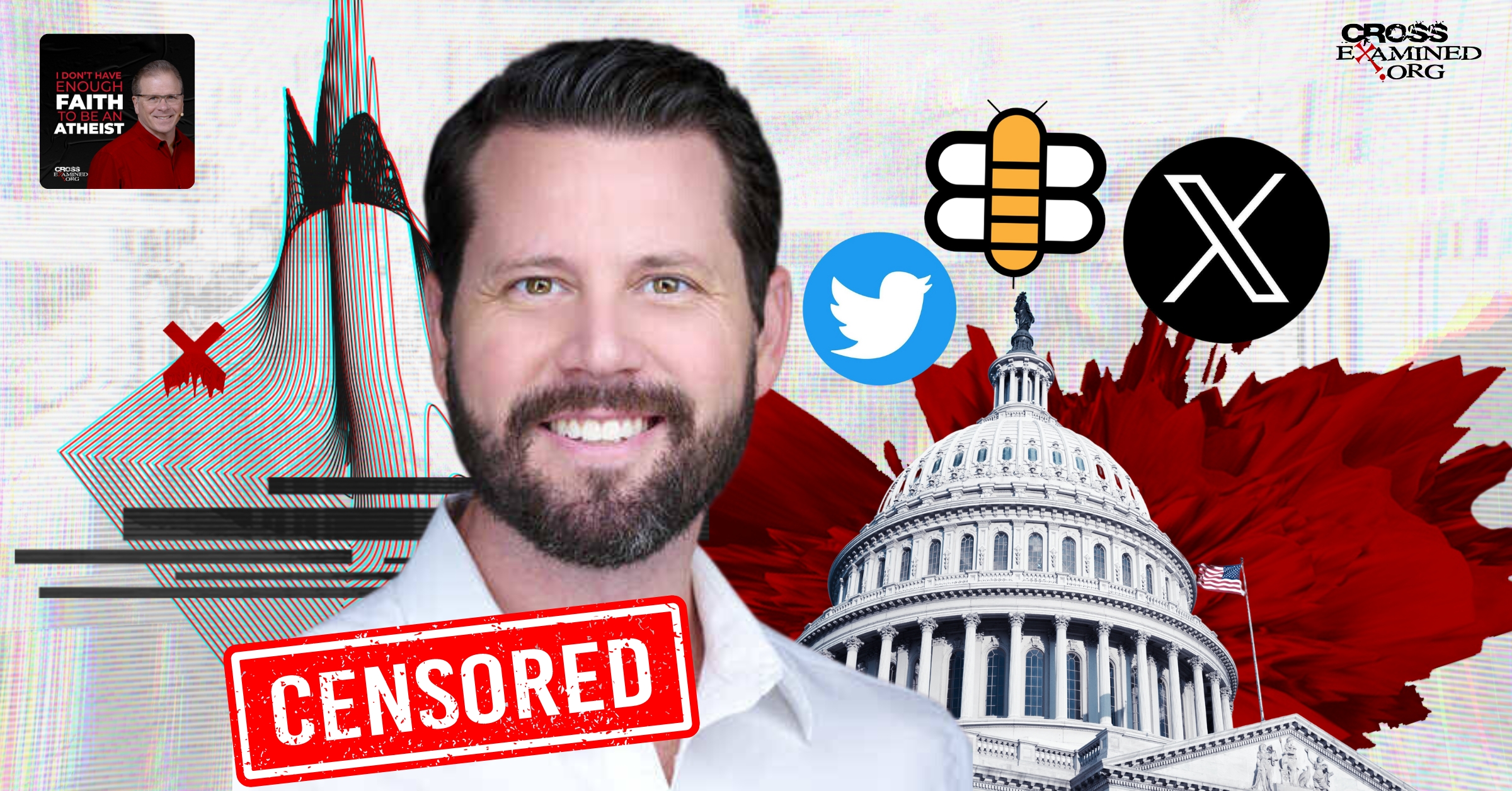You’ve been at your job for almost a year. You enjoy your work. You’re planting roots. Soon you’ll qualify for a pay raise and new benefits. Things are looking up. Except, at today’s business meeting, the boss announced a mandatory diversity training[i] for all employees. He made it sound harmless, perfunctory, just a hoop to jump through. No one asked questions. Everyone just nodded. Since you’re new here, you held your questions. You don’t want to cause a stir. Still, something smells fishy. Maybe you’ve heard stories about DEI, SEL, CRT, or Unconscious Bias training.[ii] Maybe you’ve been through this before, and you know what’s coming. But whatever is bothering you, there’s a decision to make. What will you do about this diversity training?
You’ve got options. But before picking one, you should know what you’re up against.
Background Check
On the surface, “diversity training” seems like a great idea. We all agree that racism, sexism, phobia, and bullying are all bad. But everyone has their biases. So with a little coaching maybe we can get along better, become more productive, solve problems, and have a healthier workplace. Not to mention, we might avoid a harassment suit or messy discrimination case down the road.
Diversity training can be incorporated into “leadership training,” “career advancement,” or “onboarding programs.” But the big takeaway is that the workplace (school, or church) needs to get ready for more diversity, and all the challenging opportunity that presents.
Advocates like the US Chamber of Commerce claim diversity training is a “business imperative,” so companies can provide “opportunities for everyone . . . help[ing] lift communities and strengthen the health, prosperity, and competitiveness of our nation and our society.”[iii] In the past these programs were called “sensitivity training” reflecting a growing awareness of sexism and harassment in the workplace. But today they’re more often about racial and LGBTQ diversity, with a progressive political spin. Some critics have spoken out about the multi-billion dollar diversity training industry, claiming it’s a trojan-virus, packaged in slick and appealing buzzwords, but filled with corruption, extortion, and radical agendas.[iv] More gracious critics argue diversity training just doesn’t work, as anthropologists Frank Dobbin and Alexandra Kalev explain:
“[D]iversity training is likely the most expensive, and least effective, diversity program around. But [corporate, church, and school representatives] persist, worried about the optics of getting rid of training, concerned about litigation, unwilling to take more difficult but consequential steps or [they’re] simply in the thrall of glossy training materials and their purveyors. That colleges and universities in the United States persist in offering training to faculty and students, and even mandate it (29% of all schools require faculty to undergo training), is particularly surprising given that the research on the poor performance of training comes out of academia.” [v]
Compliance Warning
The average employee won’t know all that, or know the latent problems with diversity training, or detect progressive political influence. Most employees won’t raise objections as long as it doesn’t cost them anything. The common practice is “go along, to get along.” In other words, compliance is commonplace.
Christians often behave the same way, thinking they’re being meek and mild just like Jesus. After all, Paul says, “as far as it depends on you, live at peace with everyone” (Rom 12:8). We Christians should be peacemakers. While that’s not exactly compliance, it can look the same.
Even if you eventually decide to partake in the training, there is no option, for mature Christians to be lazy, passive, and compliant. Whether it’s a diversity seminar, critical race training, struggle sessions, LGBTQ sensitivity school, or whatever it is, you’ll be offered a veritable buffet of ideas, and they might even try to force-feed it to you. So, if you’re in the habit of ingesting whatever authorities feed you, then you’re likely to swallow something toxic. Passive compliance isn’t a responsible option.
Is It Really Mandatory?
Fortunately, “mandatory training” isn’t always mandatory. If it’s just suggested, then you don’t have to go. Or it’s mandatory only if you’re at the office. Then you can dodge it by missing work on those days.
Even if the training is optional, however, you may still decide to attend, especially if you want to learn what they’re saying and how to respond to it. It probably won’t be 100% wrong but not 100% right either. You would need discernment, tact, and will-power. And most importantly, make sure to “live not by lies.”[vi] Measure your words. Guard your actions. Sign only what you agree with. Speak only truth. If you’re required to sign a position statement then politely decline unless you agree with it. Your Christian testimony is more valuable than any paper or screen they put in front of you. “Above all else,” Scripture warns, “guard your heart, for everything you do flows from it.” (Prov. 4:23; NIV)
Now, let’s suppose you can’t be “out of the office” on those days but you don’t want to attend. Further, let’s suppose this training will likely conflict with Christianity or your conscience. If a diversity seminar promotes divisiveness rather than diversity, or it stirs up more racism than reconciliation, then you may have valid grounds for a religious exemption. If you’re on good terms with your manager, or higher up, you could request that. They might write an “exception clause” for you. If this diversity training is meant to reduce the risk of discrimination lawsuits, then they might grant a religious exemption, not as a favor but for fear of a discrimination suit.
Your human resources department can probably help you to know your rights here. If not them, then call a lawyer friend, or in extreme cases, call Alliance Defending Freedom (www.ADFlegal.org), the American Center for Law and Justice (www.aclj.org), or the Foundation for Individual Rights and Expression (https://www.thefire.org/).
It Is Mandatory. What Now?
Avoidance, of course, isn’t always an option. Legally speaking, the company has a general right to decide what kind of expectations and values they want among their employees. And there are many creative ways they can obey the law while pressuring you to conform. At this point, your options are more limited. Two extremes are: Quit or Lawyer up.
Quitting your job will work, for avoiding training. But, besides losing the job, you may lose health insurance, friends, advancement opportunities, and ministry influence in the company. Plus, you can be replaced with someone more compliant, surrendering that territory to the same forces you were protesting. Christians need to count the cost. Following Jesus takes a toll. Maybe not your job, but it might cost some convenience, embarrassment, a pay cut, a reprimand, or suspension. “If anyone would come after me,” Jesus said, “let him deny himself and take up his cross and follow me” (Matt 16:24; ESV). Historically, the normal Christian life invites adversity from a world that cares little for Christ (John 1:10-11).
Another extreme option is to “lawyer up.” Christians should be forgiving and not litigious with other Christians (1 Cor 6:7). But that’s a general principle, and between church-members. In a corporate setting, there can be righteous lawsuits. Christians have a general duty beyond their own interests to seek justice for other people (Micah 6:8). And if your company is teaching people to “be less white,”[vii] or that “black people can’t be racist,”[viii] or “white people are sub-human demons”[ix] – as some diversity trainers have said – then legal action might be how a righteous defense rises to the level of egregious offense. But be warned. This option is expensive. And you might not have a case. The diversity training industry is big, with lots of lawyers, lots of money, and even a couple supreme court precedents on their side (Regents v. Bakke, 1978; and Grutter v. Bollinger, 2003). The upcoming Supreme Court case, Students v Harvard College, could roll back some of that. In the meantime, this legal landscape is dicey.
The moderate option is to attend the training. Rarely would mere attendance be sinful. If you have some discernment, take good notes, and act polite, you might be able to make it through the seminar without any trouble and even learn something. If you’re required to attend, and the seminar is somehow immoral, then the moral burden rests heavier on your supervisors than on you.
Four Strategies For Mandatory Diversity Training
If you’re in this boat, and your best option is to attend the seminar, then you still have the choice of how to carry yourself during the training. What will your attitude and strategy be? James Lindsay proposes four ways to conduct yourself here.[x]
- Gray Rock: This is passive resistance, the safest option for most people. Present yourself as a boring gray rock, unengaged, uncommunicative, calm, offering only short answers, and limiting exposure. On social media this is called ghosting. As long as you don’t have to say or do something against your conscience, this strategy should work.
- Spying/Whistle-blowing – a riskier option is to play along, engaging and cooperating as if you’re compliant but you’re really spying. You’re recording and gathering notes preparing to “blow the whistle.” Spying poses moral dilemmas as you may be acting against your conscience, or saying things that you don’t believe. That’s spiritually dangerous territory. Plus, whenever people do find out you’re the whistle-blower you’ll likely lose your job, or worse. This isn’t a great option unless the diversity training is very egregious, and you really know what you’re doing.
- Outright resistance – another risky option is to openly resist. You could refuse to attend, or write a letter to the board, or stage a walk-out, or host a press conference, or things like that. Again, the risk of getting fired is high. Done right, however, it can be very effective, especially if most of the company is involved. Know that the bigger the protest, the harder it will be to pull off, and as tensions escalate you risk looking like the bad guy.
- Trolling – This is an accelerationist strategy, where the “troll” gives false information – like jokes, sarcasm, or memes – to illicit responses that derail the event. Quick witted class clowns have been doing this at school for ages. Some people have just the personality, and skill set to pull this off. But it’s an advanced strategy. It can require you to know the material better than the trainer does, so you can exploit holes in their argument and gaps in their evidence. You risk coming off as adolescent, insincere, and rude. For Christians, this isn’t generally a safe strategy, especially if it turns into mocking people or picking fights. Expect to lose your job with this strategy too.
The 5th Strategy: Christian Wisdom
Building on Lindsay’s four strategies, we can add a fifth option. Scripture exhorts Christians to live at peace with everyone as far as we’re able, treating people with the respect and love they deserve as “image bearers” (Gen 1:26-28; Mark 12:31; Rom 12:8). While we won’t agree with evil or lies, we can listen graciously, affirm the good, speaking only when it’s helpful and only what’s true.[xi] Even if the diversity seminar is flooded with bad ideas, Christians can hold fast to the truth so the torrent of confusion doesn’t sweep us away.
At times, Christians may need the Gray Rock strategy (#1). And we should take good notes preparing to blow-the-whistle if it comes that (#2). If the training requires agreeing with lies, foolishness, or evil, then you’ll have to decline – in open resistance (#3). You may even need to point out bad logic, with an innocent question or joke (#4). You can be merciless towards bad ideas, just make sure to be merciful toward, never mocking them. The important thing here is to be a good example of Christ and exercise wisdom throughout. As you watch or listen to a mixture of good and bad ideas, you can chew what they feed you, swallow the good and spit out the bad, so to speak.[xii]
You might not have any great options available. But if you measure your words, guard your heart, and keep the faith, you can stand your ground. May God bless your effort!
REFERENCES:
[i] Besides diversity training, most of this article could apply to other training types that threaten freedom of religion/conscience.
[ii] DEI: Diversity, Equity, and Inclusion. SEL: Social Emotional learning. CRT: Critical Race Theory. Each of these acronyms is loaded with political and cultural connotations and should not be taken at face value.
[iii] U.S. Chamber of Commerce, “Diversity, Equity, and Inclusion” [Main page] USChamber.com, accessed 2 April 2023 at: https://www.uschamber.com/diversity
[iv] https://newdiscourses.com/2023/03/marxist-roots-dei-session-1-equity/, https://newdiscourses.com/2023/03/marxist-roots-dei-session-2-diversity/, and https://newdiscourses.com/2023/03/marxist-roots-dei-session-3-inclusion/
[v] Frank Dobbin, and Alexandra Kalev, “Why Doesn’t Diversity Training Work? The Challenge for Industry and Academia,” 10, no. 2 (2018), 48 at: https://scholar.harvard.edu/files/dobbin/files/an2018.pdf
[vi] Aleksandr Solzhenitsyn, “Live Not By Lies,” [Essay] (12 Feb 1974). See also, Rod Dreher, Live Not by Lies: A Manual for Christian Dissidents (NY: Sentinel, 2020).
[vii] https://nypost.com/2021/02/23/coca-cola-diversity-training-urged-workers-to-be-less-white/
[viii] https://www.foxnews.com/media/woke-department-defense-equity-chief-writes-anti-white-posts-exhausted-white-folx
[ix] https://www.youtube.com/watch?v=C2tQathSxpg
[x] https://newdiscourses.com/2023/03/fighting-dei-training/
[xi] For example, Neil Shenvi, “DEI Done Right: Disentangling Christian Community From Critical Theory,” ShenviApologetics.com (San Dimas, CA: Life Pacific University, 7 April 2022) at: https://shenviapologetics.com/dei-done-right-disentangling-christian-community-from-critical-theory/
[xii] See, Hillary Ferrer, Mama Bear Apologetics: Empowering Your Kids to Challenge Cultural Lies (Eugene, OR: Harvest House, 2019), 47-62.
Recommended resources related to the topic:
Correct not Politically Correct: About Same-Sex Marriage and Transgenderism by Frank Turek (Book, MP4, )
Legislating Morality (DVD Set), (PowerPoint download), (PowerPoint CD), (MP3 Set) and (DVD mp4 Download Set)
Does Jesus Trump Your Politics by Dr. Frank Turek (mp4 download and DVD)
Jesus vs. The Culture by Dr. Frank Turek DVD, Mp4 Download, and Mp3
Dr. John D. Ferrer (MDiv, Southern Evangelical Seminary; ThM & PhD Southwestern Baptist Seminary) is a teaching fellow with the Equal Rights Institute and ministers full-time with Crossexamined.org.










